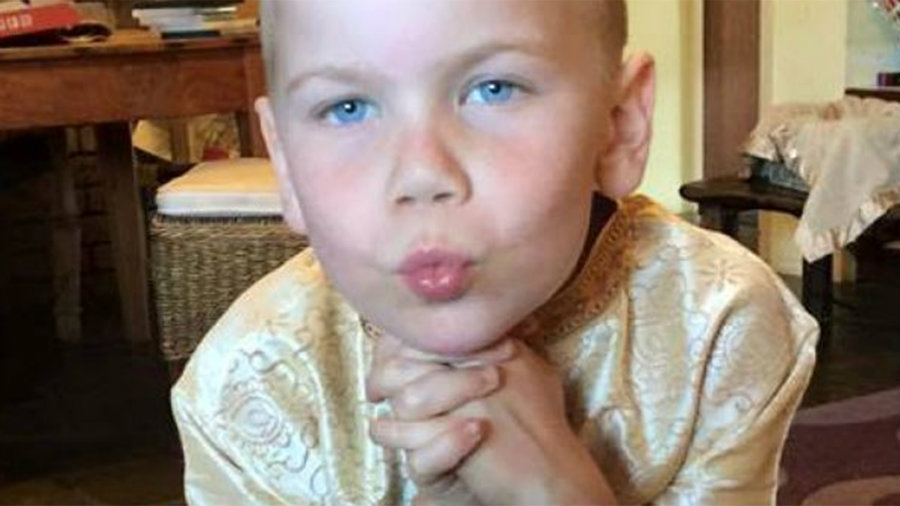Australia – A controversial case was resolved on Thursday when a judge ruled in favor of the parents of six-year-old, Oshin Kiszko, who refused to give him potentially life-saving treatment any longer.
Family Court Justice Richard O’Brien issued a court judgment in which he stated that Kiszko’s “best interests” would be the use of palliative care, which is meant to relieve symptoms, and improve the quality of life.

“It is not about overarching considerations as to the right to life or the right to a peaceful death, nor is it about a philosophical consideration of the best interests of children generally. This case is solely about Oshin Kiszko, and how to determine what is in his best interests as a unique individual child in the particular circumstances which he now faces,” ruled O’Brien.
The fight for Kiszko’s treatment
Kiszko was diagnosed last year with a pediatric brain cancer known as medulloblastoma. The controversy began when they boy’s parents, Angela Kiszko and Adrian Strachan, refused the treatment, out of fear of the severe side effects. Afterward, the Princess Margaret Hospital in Perth started giving chemotherapy to the boy, thanks to a court order obtained in March.
On May, the court considered also to give permission to the Hospital to start radiotherapy. However, the parent’s pledged to continue only with chemotherapy. During the whole ordeal, the Hospital’s ethics committee was separated into two groups: Those who wanted to keep Kiszko with the treatment and those who did not.
Last week, the case returned to the court after the parents and the Hospital agreed that chemotherapy alone was not useful. Nonetheless, Kiszko’s parents wanted to undergo with palliative care, while the Hospital insisted in the radiotherapy.
The dilemma lies in the fact that after his brain surgery back in December, Kiszko was given a fifty percent chance of living another five years if he was treated with both chemotherapy and radiotherapy. However, his parents stated that they rather just give him palliative care, to improve the quality of his final days.
“Specialist medical opinion confirmed that the delay in therapy had substantially reduced Oshin’s chances of a cure, which are now remote,” according to O’Brien.
In Australia, parents have the right to refuse a doctor’s recommended treatment. However, the hospital can always fight back in court if they believe this refusal goes against the child’s “best interests.”
Medulloblastoma, a very aggressive type of cancer
According to the American Brain Tumor Association, the medulloblastoma is a “high-grade tumor,” which means it grows and spreads way more quickly than other types of cancer.
The tumor is always located in the cerebellum, which is the lower, back portion of the brain. This kind of cancer is relatively rare, since it is less than two percent of all “primary brain tumors” in adults, and eighteen percent of all pediatric brain tumors. However, children under ten years old, such as Kiszko, account for more than seventy percent of all pediatric medulloblastomas.
For treatment, the tumor is usually removed, and then chemotherapy follows up. With these treatments, around eighty percent of all children with this type of cancer can be expected “to be alive and free of disease five years from diagnosis.”
Source: ABC
